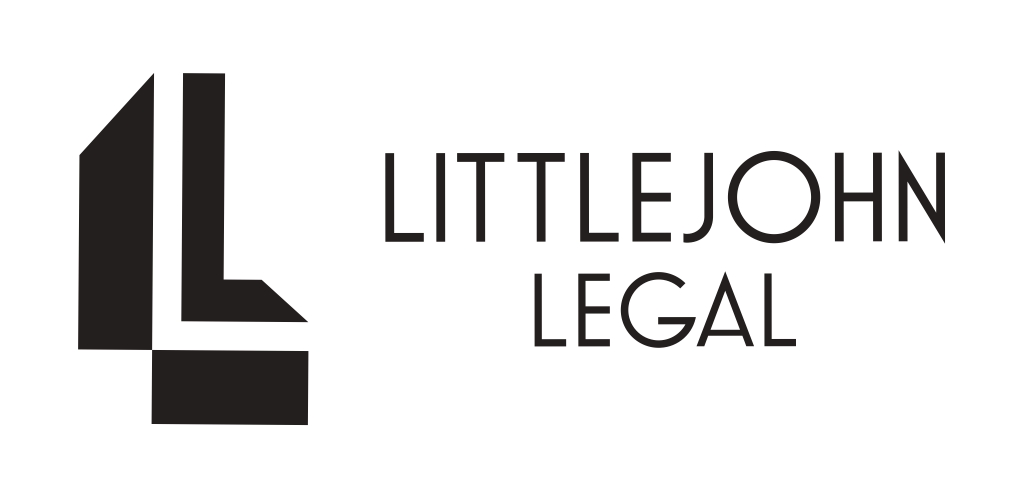Insolvent Deceased Estates – What you need to know
Insolvent Deceased Estates
It is well known in Australia that you can’t inherit a debt from a relative (unless it attaches to an asset you are inheriting. But what happens if your loved one passes away, leaving more debt than assets. Who pays the debts?
Just like with living people, if a person dies while insolvent, or unable to pay their debts owed, their deceased estate can be declared bankrupt.
Lets walk through some different scenarios:
Getting hassled by creditors
In small estates where there are very little assets and the liabilities are relatively small, it is best to simply contact all the creditors and advise them that due to the size of the estate, probate or letters of administration are not being applied for. You can advise them that the estate has no assets and ask the creditors to write off the debt. You should not allow them to bully you into paying the debt in such a case.
In more complex matters, if it’s found that their estate is insolvent the administrator would have the estate declared bankrupt.
Once an estate is declared bankrupt it follows a similar path to that of a living bankrupt.
For a deceased person’s estate to become bankrupt, this can occur by two methods, either
-
-
- Voluntarily through the executor of the deceased estate applying to court, or
- By a creditor applying to bankrupt the deceased.
-
Voluntary bankruptcy by the administrator or executor
The administrator of a deceased person’s estate may present a petition to the Court under Part XI of the Bankruptcy Act. The administrator would apply if the deceased estate were insolvent and the provisions of the deceased’s will (if there is one) could not be given effect to. If an executor of an estate petitions for bankruptcy, they will have to provide the information they have to the bankruptcy trustees and then they will cease to have their usual powers as executor as these will go to the bankruptcy trustee.
One thing that executors need to be aware of is the risk that if they incur costs on the estate after they are aware that the estate is insolvent, they might be personally liable for this.
Otherwise there won’t be any liability for any payment or transfer of property made, or any act or thing done, in good faith by the legal personal representative before an order for administration of the estate of the deceased person is made under Part XI of the Bankruptcy Act.
When creditors apply
When creditors apply it is almost the same process. If a creditor or group of creditors are owed at least $5,000 from a deceased estate, they can apply to the Court using a creditor’s petition under Section 244 of the Bankruptcy Act.
Creditors, if they do take this course of action, will usually try to apply to for bankruptcy of an estate under the Bankruptcy Act (and not rely on the executors to pay out any debts even if they have the means to pay).
What expenses are paid first from a deceased estate?
Unless an application is made for bankruptcy, the only expenses and debts that are given priority are funeral and testamentary expenses. It then brings us to the next question.
What if the deceased estate is going into bankruptcy?
Legislation requires distribution of the remaining assets in accordance with the Bankruptcy Act. This means that an order under Part XI of the Bankruptcy Act gives the bankruptcy trustee wide powers to investigate transactions made prior to the bankruptcy. It also empowers the trustee to claw-back assets disposed of prior to bankruptcy.
Creditors applying for probate- when there is a will
If an executor knows that an estate is likely to be insolvent they will sometimes just simply decide not apply for probate. If this is the case then then any interested party can apply to the court for appropriate orders pursuant to Section 15 of the Act.
If a creditor still has a debt outstanding as against the deceased, and no one has applied for a grant of representation then the law allows that creditor to make application for a grant provided the creditor can provide particulars of the debt.
When there is no will
This is slightly more difficult task as the court prefers that the next of kin applies for letters of administration. Creditors can apply, but it is very rare.
Creditor powers over a deceased estate
If a creditor applies for probate OR letters of administration, they will have all the same powers as an administrator of an estate.
It is important for executors to understand that bankruptcy is a possibility in deceased estates and to get advice from a lawyer before incurring any fees to a deceased estate that they think might be insolvent.
If you would like to know more about deceased estates, take advantage of our legal consults. They can be done in person or via Skype or telephone conference.
Where do I stand?
Book a call to talk to a lawyer

